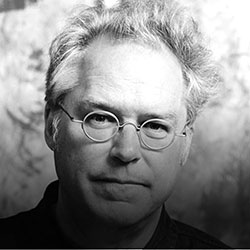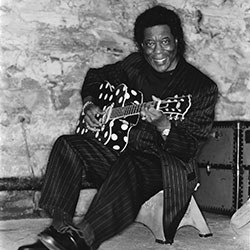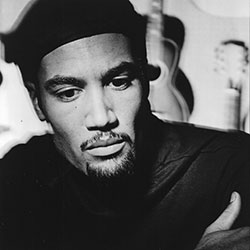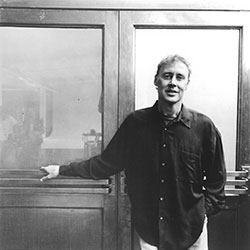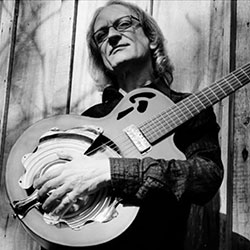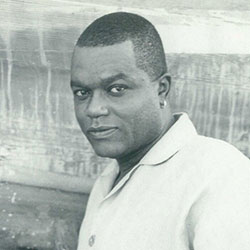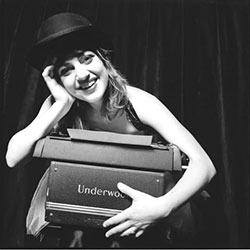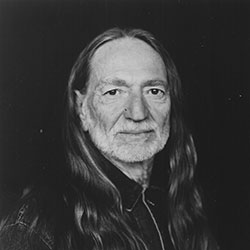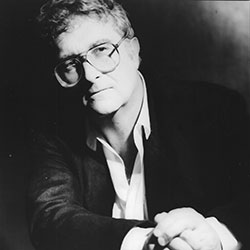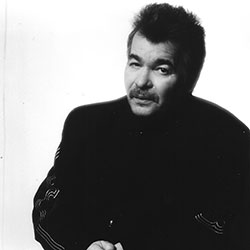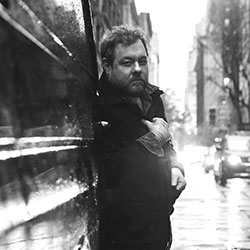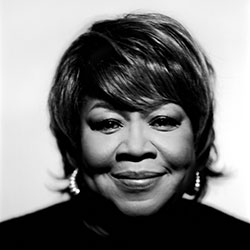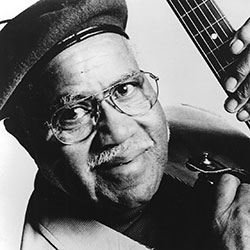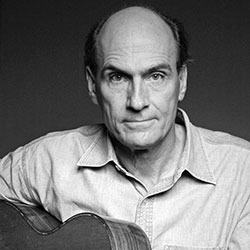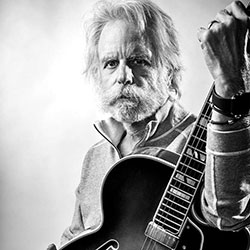eTown 1991 - present
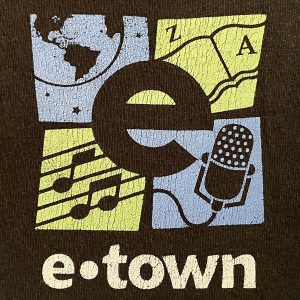
eTown’s early logo
After the progressive bluegrass quartet Hot Rize disbanded in 1990, bassist and singer Nick Forster hatched the idea of a locally produced radio program mixing live music with conversations about social and environmental education. The first episode of eTown aired on Earth Day, 1991, and the weekly show eventually became nationally syndicated, heard from coast to coast on National Public Radio, as well as public and commercial stations. Taped in front of a live audience, eTown features performances from a long list of diverse musical artists, as well as conversations and relevant information. Performers often travel solo to perform, knowing that the house band, the eTones, is versatile enough to have learned the genre-spanning songs, from Americana, blues and bluegrass to Celtic, Cajun, Afro-Cuban and more. For more than two decades, eTown taped its shows at the Boulder Theater; in 2012, the non-profit organization got its own venue, converting an old church in the heart of downtown Boulder into eTown Hall, a green multipurpose, multimedia center. These archival recordings reveal the scope of the eTown experience.


